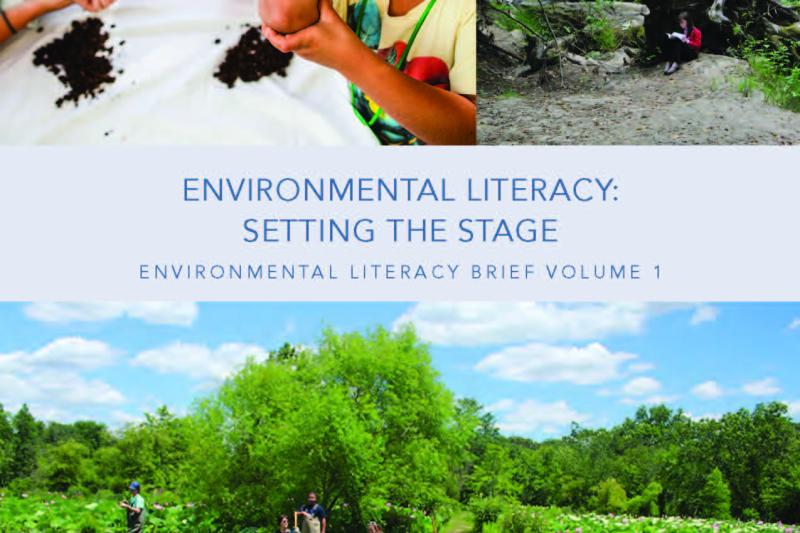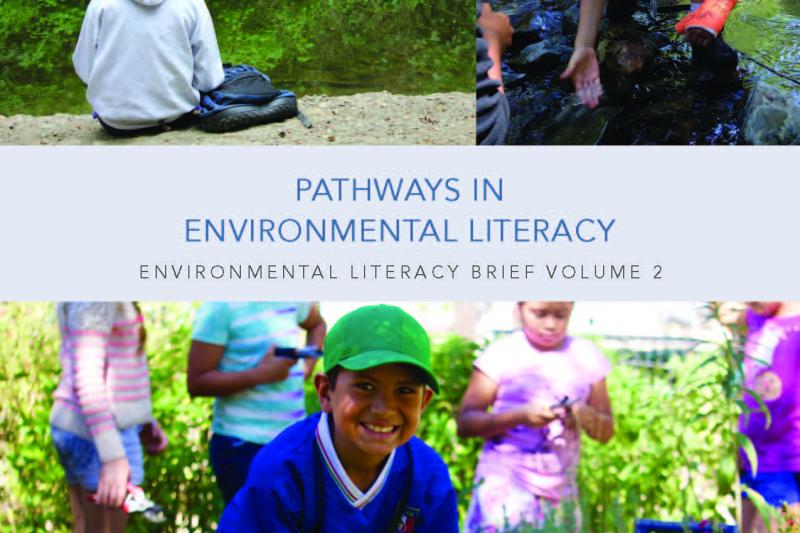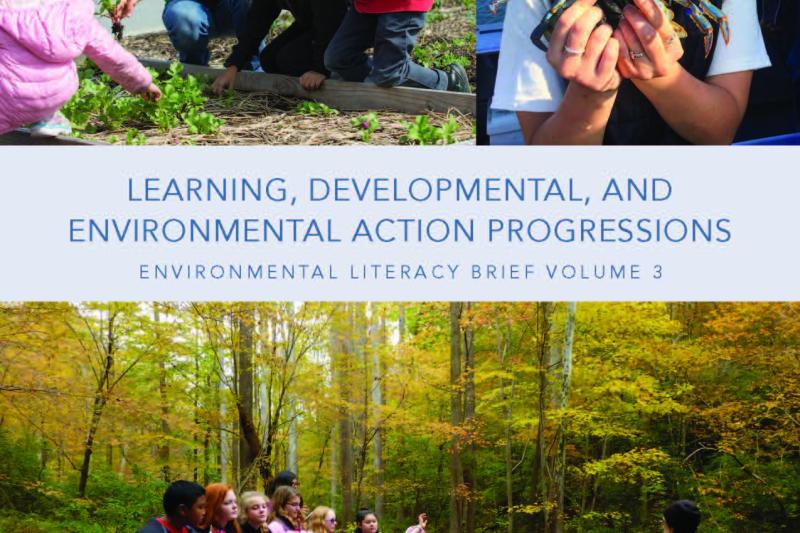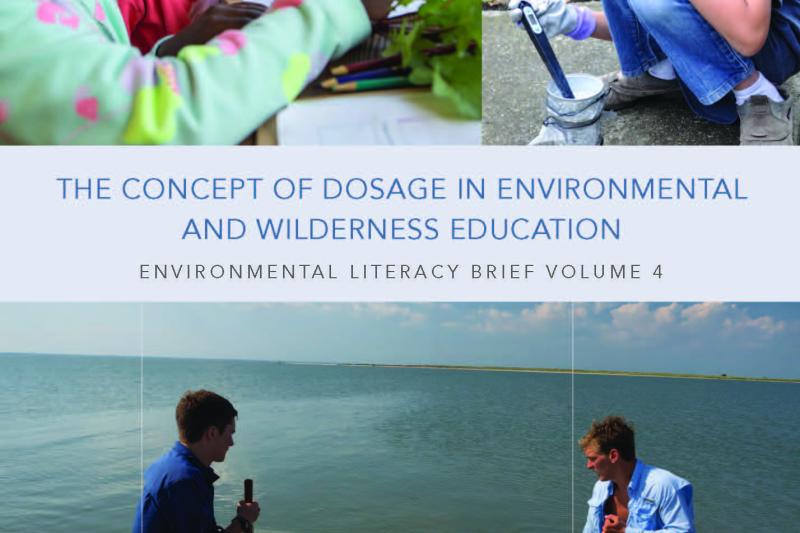
What does it mean to be environmentally literate?
Environmental education can help people of all ages grapple with and act on issues involving sustainability and the environment. But schools and other organizations that design environmental education programs—and the researchers who study those experiences—often vary in how they define and measure environmental literacy, a broad term that typically includes an understanding of environmental concepts and the skills to make effective decisions around these issues.
The Social Ecology Lab at Stanford Graduate School of Education has released a series of research briefs to provide a common framework for environmental literacy and spark dialogue among researchers and practitioners in the field.
Stanford researchers Nicole Ardoin, Mele Wheaton and Archana Kannan coauthored the briefs, which identify three key themes:
- Pathways: The components that comprise a person’s unique, lifelong learning trajectory
- Progressions: Movement from one component to another through different stages or levels of environmental literacy
- Dosage: The dimensions of an environmental education experience (e.g., program length or duration, repetition or layering, and the intensity level or content)
The briefs, produced with support from the Pisces Foundation, review best practices and explore each theme in more depth. Download the full series below.

Environmental Literacy: Setting the Stage (Brief 1)

Pathways in Environmental Literacy (Brief 2)

Learning, Developmental and Environmental Action Progressions (Brief 3)




